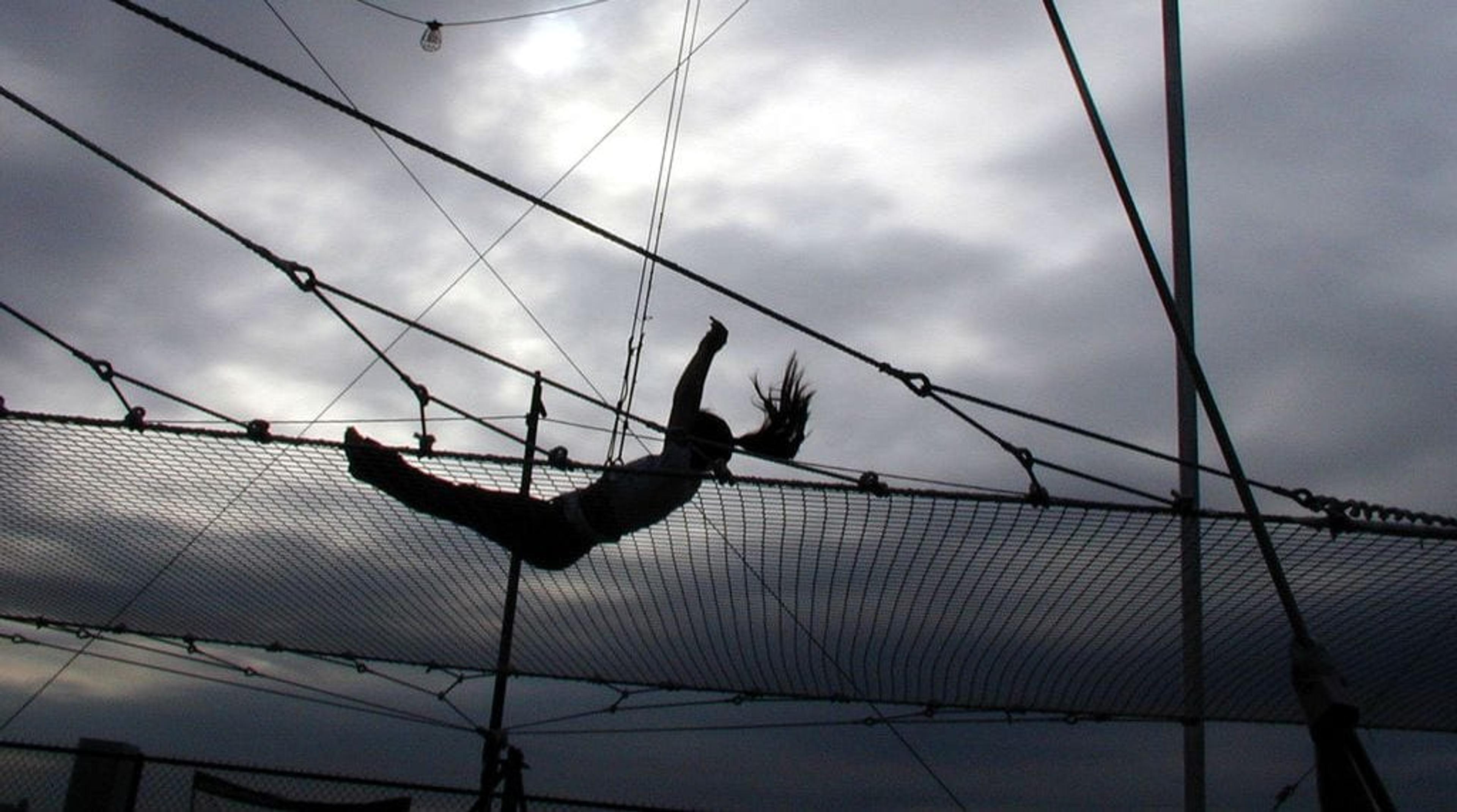Michigan's Health Care Safety Net: Catching the Uninsured When They Fall
bcbsm
| 2 min read

Falling sick, or just plain falling, is scary when you don’t have enough health insurance, or any at all. Since 2005, Blue Cross Blue Shield of Michigan has donated more than $15 million to safety net organizations to improve access to high quality health care, for everyone in Michigan. What is a “safety net” and why does it matter? We asked Kim Kratz, senior health analyst at Blue Cross.
What is a health care “safety net,” and why is it necessary in Michigan?
A safety net is a way to catch people when they fall, like the net used under a high-wire or trapeze artist. The health care safety net includes several different health care providers who know how to care for the uninsured and others who have limited access to health care or are vulnerable. The safety net protects individuals, families and communities by caring for the uninsured, under-insured and newly insured.
What are “safety net organizations,” and what is their role?
There are three primary types of safety net organizations who work together to make sure everyone can see a doctor when they need to.
- Free Clinics are often faith-based, volunteer clinics that provide free or low-cost health care low-income, uninsured patients. There are currently 48 free clinics in Michigan. Most free clinics provide access to medical care as well as dental, mental health, vision, specialty care and pharmaceutical assistance programs.
- Federally Qualified Health Centers (FQHCs) receive federal funding to provide health care for underserved populations. They provide primary care, dental treatment and mental health care, on a sliding fee scale. FQHCs care for everyone, including patients who have no other options.
- Hospitals also play an important part of the safety net --- both critical access hospitals located in rural communities --- and other hospitals. Many people with limited access to primary care use emergency rooms for health care, both appropriately and inappropriately.
There are several other kinds of safety net providers including Rural Health Centers, tribal health centers, teen health centers, Health Departments, and clinics affiliated with universities and health systems. All of these kinds of safety net providers are located throughout the state. But not every local community has all of them. Learn more information about our Strengthening the Safety Net grants here. This post was originally published September 8, 2014 and has been updated to reflect current grant funding to date. If you found this post helpful, read these:
Photo credit: Alaina Browne





